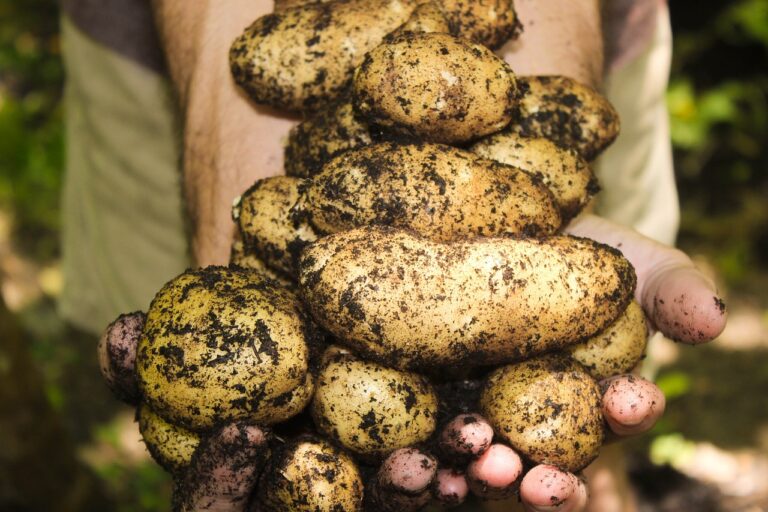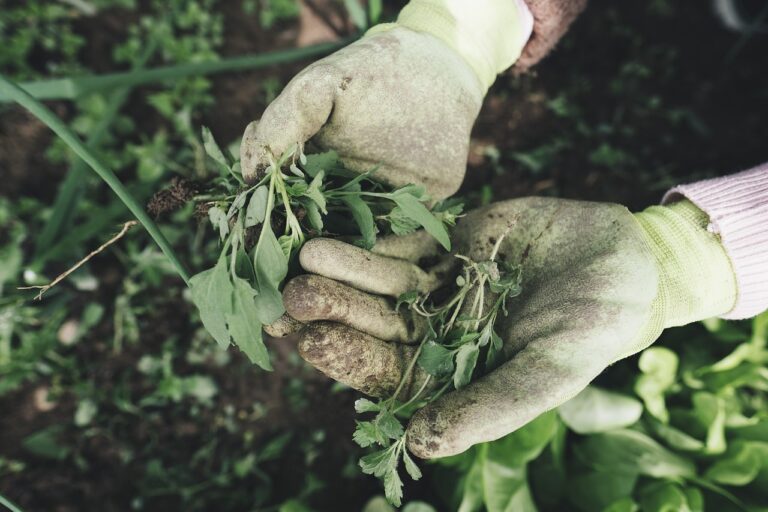Organic Gardening: A Holistic Approach to Sustainable Cultivation
Embrace an eco-friendly and healthy approach to gardening by adopting organic gardening techniques. This practice fosters a harmonious ecosystem, nourishing the soil, plants, and beneficial organisms while steering clear of synthetic chemicals and pesticides.
Soil Management
Building Fertile Soil
- Compost: Decompose organic matter (e.g., kitchen scraps, leaves) to create nutrient-rich compost that enhances soil structure and fertility.
- Green Manure: Grow cover crops (e.g., legumes, grasses) and incorporate them into the soil to add organic material and improve soil health.
Maintaining pH Balance
- Soil Testing: Determine the pH level of your soil using a test kit to ensure it falls within the optimal range (6.0-7.0) for most plants.
- Liming: Add lime to alkaline soil to reduce acidity, while sulfur helps acidify alkaline soil.
Pest and Disease Control
Prevention and Monitoring
- Crop Rotation: Alternate crop families each season to disrupt pest life cycles and prevent disease buildup.
- Companion Planting: Plant compatible species together to deter pests and attract beneficial insects.
Natural Remedies
- Neem Oil: Derived from the neem tree, it acts as a natural pesticide, controlling insects and fungal diseases.
- Bacillus thuringiensis: A bacteria that selectively targets specific insect pests while leaving beneficial insects unaffected.
Pest and Disease Control (continued)
Beneficial Organisms
- Ladybugs: These insects devour aphids and other soft-bodied pests.
- Ground Beetles: They prey on slugs, larvae, and other soil-dwelling pests.
Plant Health and Nutrition
Natural Fertilizers
- Compost Tea: Dilute finished compost in water and apply it to the soil as a liquid fertilizer.
- Fish Emulsion: Emulsify fish in water to create a nitrogen-rich fertilizer that promotes plant growth.
Mulching
- Organic Matter: Spread straw, bark, or leaves around plants to retain moisture, suppress weeds, and regulate soil temperature.
- Benefits: Mulching encourages beneficial soil microbes and reduces the need for watering.
Conclusion
Organic gardening is a rewarding practice that nourishes plants, the environment, and our well-being. By embracing these principles, you can cultivate a thriving and sustainable garden that provides fresh, healthy produce while respecting the delicate balance of nature. Remember, patience, observation, and a commitment to holistic practices are key to unlocking the full benefits of organic gardening.

























